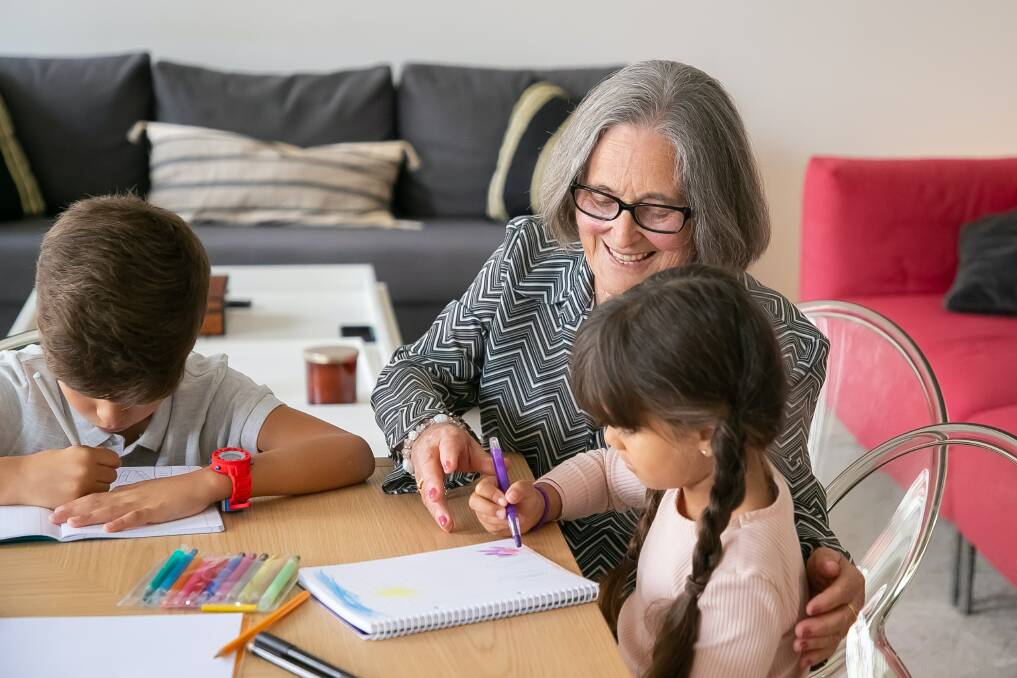
Many parents worry about how the lockdown experience will impact their children's education in the long run.
Subscribe now for unlimited access.
or signup to continue reading
But it's not all bad, education experts say.
Professor Pasi Sahlberg, education expert from UNSW, said it was hard to tell at this stage how lockdown and school closures have affected learning, but it would differ from student to student.
"There are students who have benefitted from learning at home, and then there are those who would have needed school more than others to keep up learning what was expected," he said.
"I believe that, overall, lockdowns and school closures even if they have lasted for several months will not have negative consequences in most children's schooling or let alone life in general."
Professor Sahlberg said children having more time for unstructured free-play in their day could be one benefit of the lockdown learning experience.
He said this kind of play helps children make sense of their "complex and often scary" world.
"When children are left to their own devices - and I don't mean digital gadgets here - they start actively explore their environment, develop curiosity about things around them, use their imagination and make creative decisions that we adults cannot make for them," he said.
"Play allows them to step out of the real world and then observe and try to explain it from outside."
Dr Nicole Brunker from the University of Sydney agreed there were some positive lessons to take from the lockdown learning experience.
She said while she didn't want to diminish the challenges posed by lockdown, she thought it was "important to recognise the opportunities this shift in our lives has provided".
One of the biggest adversities students faced through the first COVID wave was wellbeing, Dr Brunker said.
But she noted that between last year's lockdown and this year's lockdown, many schools and teachers had adapted to a well-being-first approach.
"Our children are learning how to manage adverse situations," she said.
"Helping our children look for the opportunities of change, to value that we grow and move forward amidst adversity, we can support their development of flexible thinking and adaptability."
Over the past year, she said some data had highlighted positive gains through informal learning and the greater autonomy children and young people have had in their education.
"I hope that we may continue to support schools, teachers and students to continue building innovative change for our students to have autonomy in all aspects of their learning."

